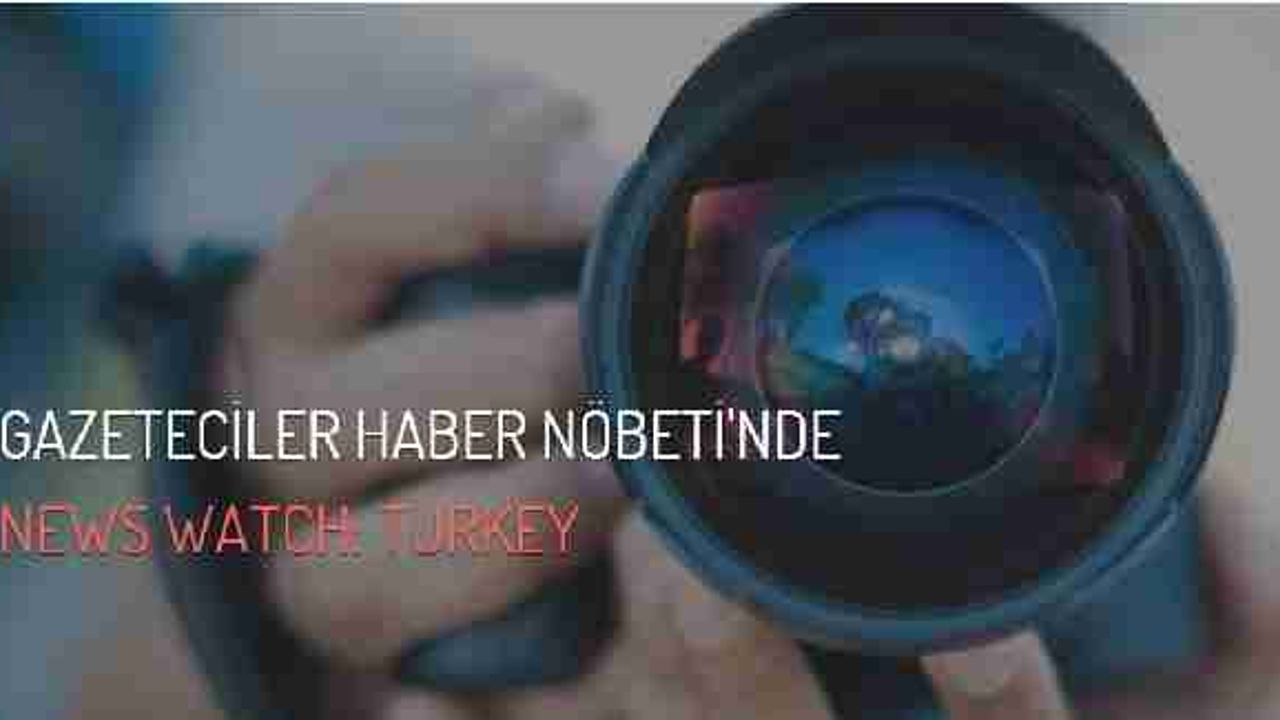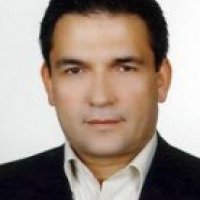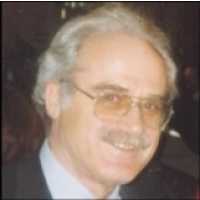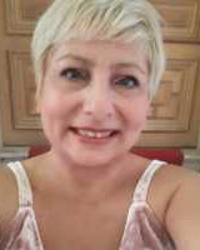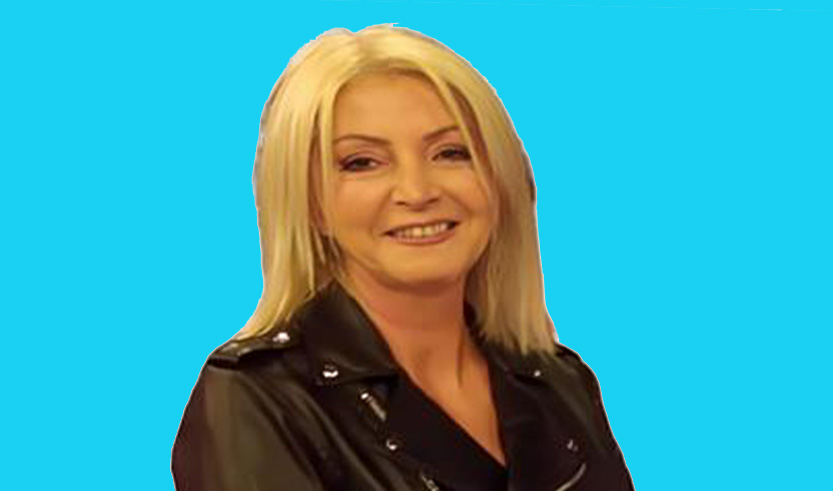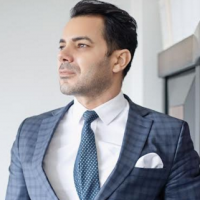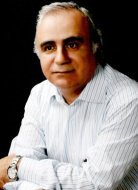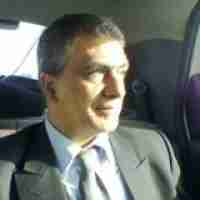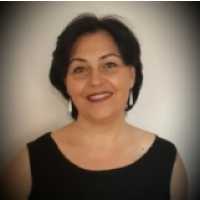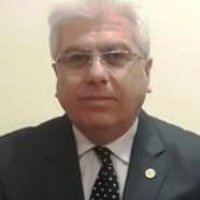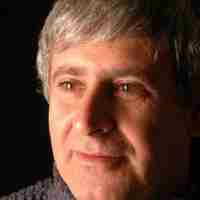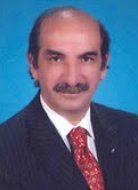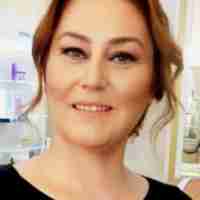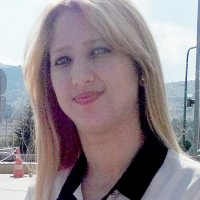The “News Watch Turkey” convene journalists “seeking the right to information” and groups head to southeastern provinces, defending that facts about the conflict have been “suppressed by authorities” amid media blackouts and pressure on journalists.
“For showing solidarity with our colleagues in the region, we will go to their media outlets and work with them according to their needs. We can either follow stories in the field or work as an editor in their news room. We can also write stories on the working conditions of our colleagues there” the initiative explained on the News-Watch website.
The News Watch aims to coordinate their work with the Free Journalists’ Association as well as voluntary journalists based in the region. The initiative vows to “work hard to bring in much needed reliable news and analysis” and to “defend the public’s right to know”.
“Our fellow journalists who live and/or work in the conflict areas face immense pressures. They are very often prevented doing their jobs, sometimes having guns pointed to their heads, sometimes having beaten and arrested” urged the initiative.
Currently 30 journalists are said to be in jail in Turkey, while more recently “cameraman for IMC TV station Refik Tekin - came under fire while filming a group of civilians collecting wounded and dead from the streets of Southeastern town, Cizre”. Refik Tekin has been in hospital since then.
“Our colleagues reach news, but struggle to distribute them”
Journalist at the haberdar.com news platform, Celal Başlangıç was amongst the participants of the first watch project that has recently ended. Ergun Babahan, Ceren Sözeri, Ayşe Yıldırım, Evrim Kurdoğlu, Said Sefa, Tunca Öğreten were also “on duty” during the first week of Feb.
“Five or seven reporters will take turns in groups every week, in a bid to make news distributed in a wider scope in the west of Turkey” Başlangıç told .
“Particularly Kurdish media has been facing death to reach information and they are inside every sort of news story. There are no stories that these reporters fail to cover” he said.
Başlangıç underlined that these reporters have been working “despite the pressure and threats they face, and the danger of even being dragged by unidentified people to construction areas in towns where they are beaten or shot.”
“Although these journalists can reach news reports in the conflict zone, there have been severe handicaps regarding the access of audience to these news stories” according to the journalist.
“Channels to convey information have been blocked” Başlangıç said.
“Our target is to ease the pressure and conditions by working with our colleagues but most importantly to assure Turkey’s west is kept informed about the reality” he added.
During the first watch, a very hardworking group has covered almost every part of life, “participating from different local and national media institutions ranging from Dicle News Agency to IMC, also local news agencies and newspapers” he said.
Within a “gentleman’s agreement” all participants of the watch groups used some of these coverage in their own media and blogs, he added.
The group worked together in conflict areas such as Nusaybin and Kızıltepe in Mardin as well as Sur district in Diyarbakır, places that have been witnessing long-term curfews and severe clashes.
Editorial debates, cooperative reporting with local journalists
Their experience included cooperative reporting on the field, visits to local newspapers, interviews and editorial debates, as well as live reporting for television channels and long discussions on Kurdish tv channels such as the Özgür Gün TV, he said.
Although the first round of the watch achieved a lot, according to Başlangıç, they faced serious threats during their visit. “We feel ashamed to tell these stories because we know our colleagues in the region have got used to these sorts of incidents” Journalist Başlangıç stressed.
Başlangıç urged that he was not allowed to participate to Turkish Prime Minister Ahmet Davutoğlu’s press conference in a meeting dubbed the “Fraternity Gatherings Mardin Conference” on Feb 5.
“I have surely completed my accreditation. But when I arrived to take my accreditation badge, I was told by the desk officers that some 20 journalists’ name were ‘crossed out’ from the allowed list of reporters, including my name” Celal Başlangıç explained. This was “discriminative” and “censorship” he said.
“Only facts can free us”
The News Watch aims to encourage journalists based in western provinces to join the watch in Turkey’s east, hit by severe clashes and operations.
“Only facts and realities can free us. We chase the reality” Journalist Başlangıç said.
Meanwhile, “with 14 journalists imprisoned as of the end of 2015, Turkey remains among the worst jailers of journalists worldwide” according to the Committee to Protect Journalists (CPJ).
Reporters Without Borders' World Press Freedom Index 2015 ranked Turkey as 149th amongst 180 countries, while most of jailed journalists are of Kurdish origin, urged a BBC report.
(Photo)
